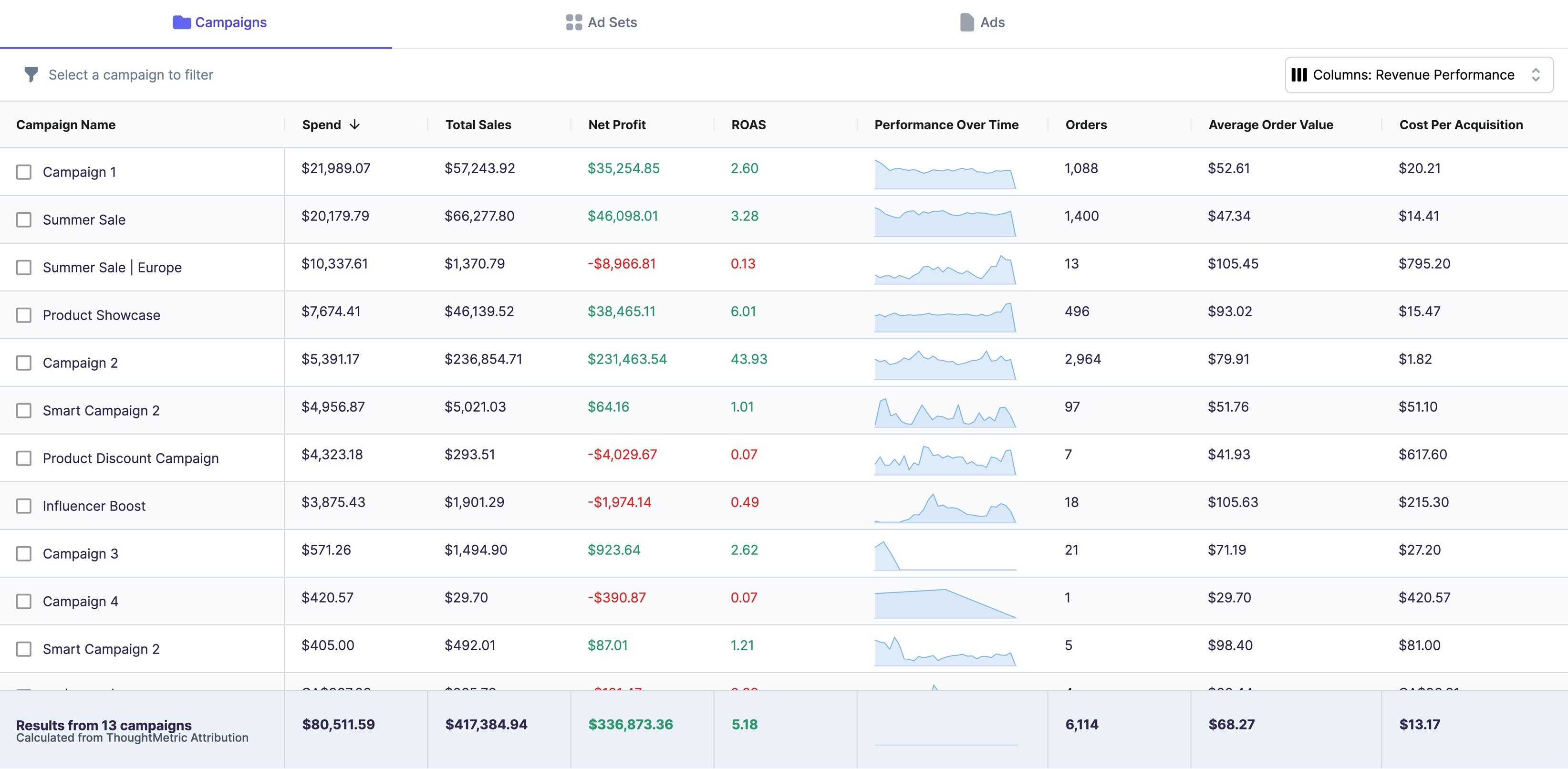Are you considering selling your Shopify store but don't know where to start? Selling an online store can be a complex process, but with the right guidance, it can be a lucrative endeavor. In this step-by-step guide, we will walk you through the process of selling your Shopify store. From preparing your store for sale to valuing your business and choosing the right sales platform, we have got you covered. So, let's dive in.
Preparing Your Shopify Store for Sale
Selling your Shopify store can be an exciting and profitable venture, but it's crucial to ensure that your store is in top shape before putting it up for sale. In this article, we'll discuss some essential steps you can take to prepare your Shopify store for sale.Conduct a thorough store audit
Before putting your Shopify store up for sale, it's crucial to conduct a thorough store audit. This will help identify any issues that could potentially affect its value. Start by reviewing your website's design, content, and functionalities. Are there any outdated features that need to be updated or removed? Are there any broken links, missing images, or errors that need fixing? Additionally, it's essential to ensure that your inventory is up-to-date, and all products are correctly listed and categorized.But don't stop there! A thorough store audit should also include a review of your customer service policies and procedures. Are your return and exchange policies clear and easy to understand? Do you have a process in place for handling customer complaints or inquiries? Addressing any potential customer service issues before putting your store up for sale can help increase its value and appeal to potential buyers.Optimize your store's performance
Investing time and resources into improving your store's performance can significantly impact its value. Start by optimizing your website's speed and security and ensure that your website is mobile-friendly. Additionally, it's crucial to ensure that your website is search engine optimized to ensure maximum visibility to potential buyers.But there's more you can do to optimize your store's performance. Consider implementing upselling and cross-selling strategies to increase your average order value. You could also explore email marketing campaigns to drive repeat business and increase customer loyalty.Gather important store data and analytics
As an online business owner, you have access to essential data and analytics that can help potential buyers make informed decisions. This information includes your website traffic, conversion rates, customer demographics, and sales reports. Providing this data to potential buyers upfront can help increase the perceived value of your store.But don't just stop at the basics. Consider providing potential buyers with additional insights and analysis, such as customer lifetime value or customer acquisition cost. This information can help potential buyers understand the long-term potential of your store and make a more informed decision.Improve your store's visual appeal
The visual appeal of your Shopify store plays a significant role in attracting potential buyers. Ensure that you have high-quality images and a design that reflects your brand. Additionally, it's crucial to have a clear and concise website layout that's easy to navigate for potential buyers.But there's more to visual appeal than just design and layout. Consider investing in professional product photography or even creating product videos to showcase your products in the best possible light. You could also explore creating a brand video that tells the story of your business and brand, helping potential buyers connect with your store on a deeper level.In conclusion, preparing your Shopify store for sale takes time and effort, but the rewards can be significant. By conducting a thorough store audit, optimizing your store's performance, gathering important data and analytics, and improving your store's visual appeal, you can increase the perceived value of your store and attract more potential buyers.Valuing Your Shopify Store
Are you considering selling your Shopify store? If so, it's essential to understand how to value your business accurately. A well-valued Shopify store can attract potential buyers and ensure that you receive a fair price for your hard work. In this article, we'll discuss some crucial factors to consider when valuing your Shopify store.
Assessing your store's revenue and profit
One of the most critical factors to consider when valuing your Shopify store is its revenue and profit. Potential buyers want to invest in a profitable business, and accurate financial statements are essential. When reviewing your financial statements, ensure that your data is up-to-date and accurate. Additionally, consider any potential growth opportunities and how they can impact the store's value. For example, if you've recently launched a successful marketing campaign that's increased sales, this could positively impact your store's value.
It's also important to consider your store's profit margins. Higher profit margins can indicate that your business is more efficient and has room for growth. Conversely, lower profit margins may indicate that your business has limited growth potential.
Evaluating your store's growth potential
Potential buyers want to invest in a business that has room for growth. As such, assessing your store's growth potential is another crucial factor in determining its value. Consider any untapped markets, new product lines, or marketing opportunities that could help increase sales and revenue. For example, if you sell pet supplies, you may want to consider expanding your product line to include pet grooming services.
It's also important to consider any potential challenges that could impact your store's growth potential. For example, if your store relies heavily on a particular supplier or manufacturer, any issues with that supplier could negatively impact your business's growth potential.
Factoring in your store's assets and liabilities
When valuing your Shopify store, it's essential to consider its assets and liabilities. Assets include any inventory, equipment, or intellectual property related to the business. On the other hand, liabilities include any outstanding debts or legal obligations. Understanding your store's assets and liabilities can help ensure that you're pricing it correctly.
Additionally, it's important to consider any potential legal issues that could impact your store's value. For example, if you're currently involved in a legal dispute, this could negatively impact your store's value.
Considering industry trends and competition
Finally, it's essential to consider the current trends in the industry and your competition's performance. Understanding the latest trends in your industry can help you identify any potential growth opportunities or challenges. For example, if you sell beauty products, you may want to consider expanding your product line to include eco-friendly or sustainable products.
Researching your competition's performance can also help you price your business competitively. If your competition is offering similar products at a lower price point, you may need to adjust your pricing strategy to remain competitive.
Conclusion
Valuing your Shopify store can be a complex process, but considering these factors can help ensure that you're pricing your business accurately. By understanding your store's revenue and profit, growth potential, assets and liabilities, and industry trends and competition, you can attract potential buyers and receive a fair price for your hard work.
Choosing the Right Sales Platform
When it comes to selling your Shopify store, choosing the right sales platform can make all the difference. Luckily, there are several great options to choose from. In this article, we'll take a closer look at four of the top sales platforms for selling Shopify stores.
Shopify Exchange Marketplace
Shopify Exchange Marketplace is an online marketplace specifically designed for buying and selling Shopify stores. The platform is easy to use and allows Shopify store owners to sell their stores quickly and efficiently. The marketplace offers potential buyers a range of websites to choose from, making it an excellent option for those looking to invest in a Shopify store. By listing your store on the Shopify Exchange Marketplace, you can reach potential buyers who are actively seeking to invest in a Shopify store.
One of the great things about the Shopify Exchange Marketplace is that it offers a range of resources to help you sell your store. For example, the platform offers a valuation tool that can help you determine the value of your store. Additionally, the platform offers a range of tips and advice on how to make your store more attractive to potential buyers.
Flippa
Flippa is another online marketplace for buying and selling websites. The platform has a global reach and a large user base, which can help attract potential buyers from around the world. Flippa offers a range of websites for sale, including Shopify stores.
One of the great things about Flippa is that it offers a range of tools and resources to help you sell your store. For example, the platform offers a valuation tool that can help you determine the value of your store. Additionally, Flippa offers a range of tips and advice on how to make your store more attractive to potential buyers.
Empire Flippers
Empire Flippers is a website broker that specializes in buying and selling profitable online businesses. The platform offers a range of services, including site valuations, due diligence, and migration assistance. Empire Flippers is an excellent option if you're looking for a personalized approach to selling your Shopify store.
One of the great things about Empire Flippers is that the platform has a team of experienced brokers who can help you sell your store quickly and efficiently. Additionally, Empire Flippers offers a range of resources to help you prepare your store for sale, including a free website migration checklist.
FE International
FE International is another website broker that specializes in selling profitable online businesses, including Shopify stores. The platform offers a range of valuation and due diligence services, making it an excellent option for those looking for a professional and efficient sales experience.
One of the great things about FE International is that the platform has a team of experienced brokers who can help you sell your store quickly and efficiently. Additionally, FE International offers a range of resources to help you prepare your store for sale, including a free website valuation tool.
Ultimately, choosing the right sales platform for your Shopify store will depend on your specific needs and goals. By considering the features and benefits of each platform, you can choose the one that is best suited to your needs and maximize your chances of selling your store quickly and efficiently.
Conclusion
Selling your Shopify store can be a lucrative opportunity if done correctly. By following this step-by-step guide, you can ensure that you're adequately preparing your store for sale, valuing it correctly, and choosing the right sales platform. Remember to keep an open mind throughout the process, and don't be afraid to ask for assistance from professionals if needed. Good luck with your store sale!

